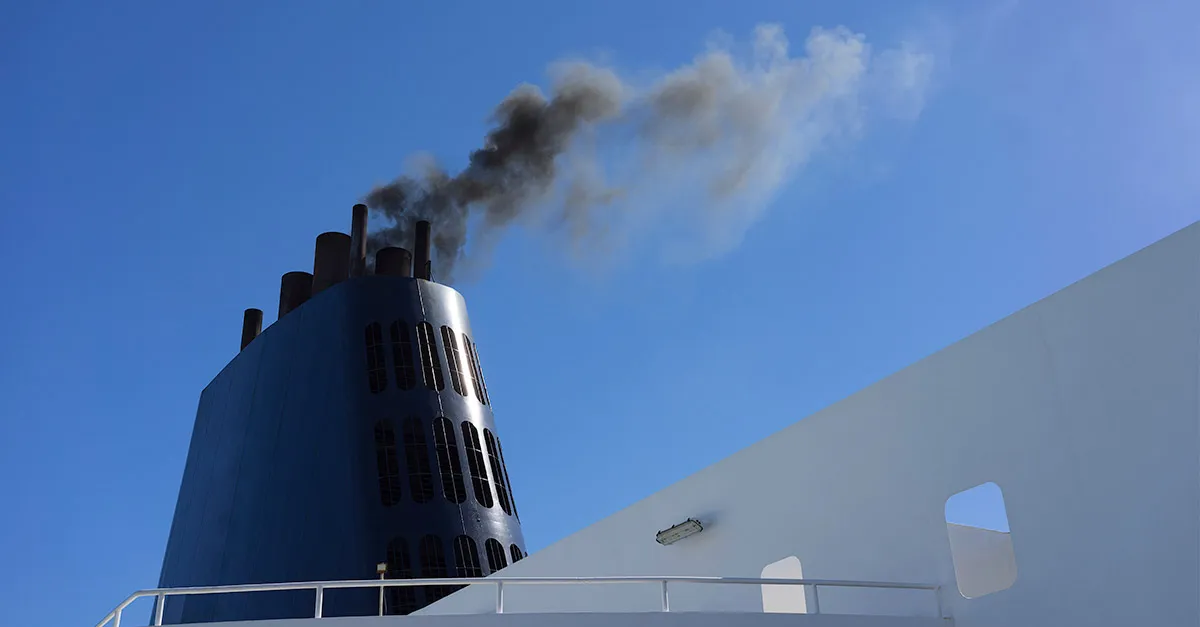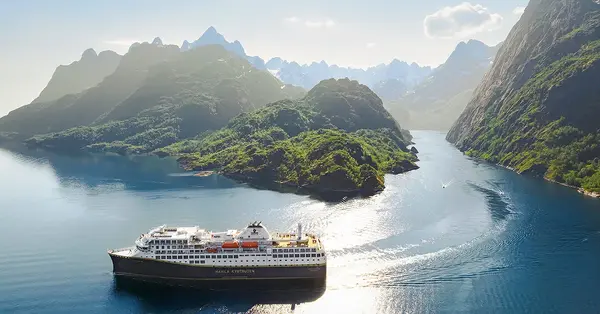You are viewing 1 of your 2 free articles
US and Saudi Arabia veto deal to curb shipping emissions
A deal to reduce shipping’s global emissions was abandoned in mid-October under pressure from the US and Saudi Arabia.
Representatives of more than 100 countries met in London to approve an International Maritime Organisation (IMO) Net-Zero Framework deal agreed in April.
The agreement would have seen shipping, including cruise lines, adopt targets for reducing emissions internationally with shipowners facing fines unless they operate using progressively cleaner fuels from 2028.
The meeting was intended to approve the deal and finalise the next steps.
However, the US had been increasingly vocal about its objections since April, claiming the deal would lead to price rises for consumers.
US President Trump dismissed the agreement as a “green scam” and threatened to raise trade tariffs on countries supporting it.
In a social media post, he warned: “The United States will NOT stand for this Global Green New Scam Tax on Shipping. We will not tolerate increased prices on American Consumers.”
At the meeting in London, Saudi Arabia proposed adjourning the talks for a year and its motion which was passed by a handful of votes despite the shipping industry backing the deal.
The UK and most EU member states voted to continue talks on an agreement but Greece went against the EU bloc and abstained.
IMO secretary general Arsenio Dominguez issued a plea for a new agreement, but US secretary of state Marco Rubio hailed the outcome as a “huge win”.
Ralph Regenvanu, climate change minister for the island of Vanuatu in the Pacific, criticised the failure to ratify the deal as “unacceptable, given the urgency of accelerating climate change”.
International Chamber of Shipping secretary-general Thomas Kazakos said: “We’re disappointed. The industry needs clarity to make investments.”
The deal followed ten years of negotiations. Shipping accounts for 3% of global emissions but its share is set to rise as other sectors cut emissions.
The sector traditionally uses the cheapest and dirtiest form of oil known as bunker fuel, which comprises varying amounts of heavy fuel oil, marine gas oil and marine diesel oil.


















